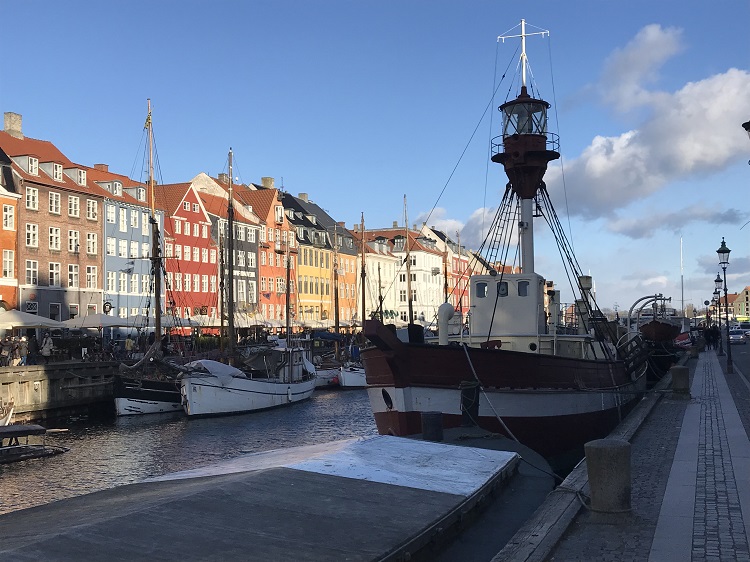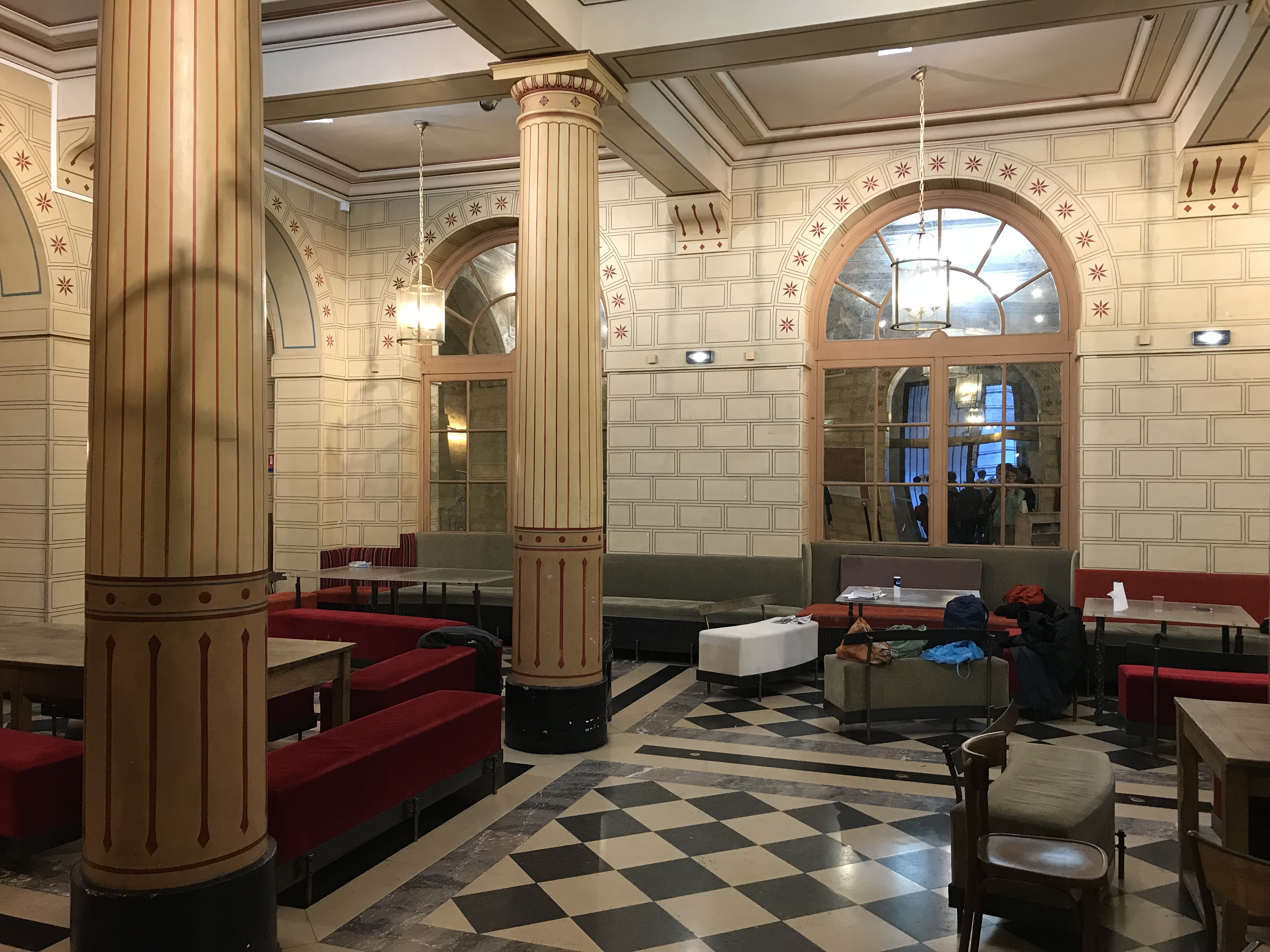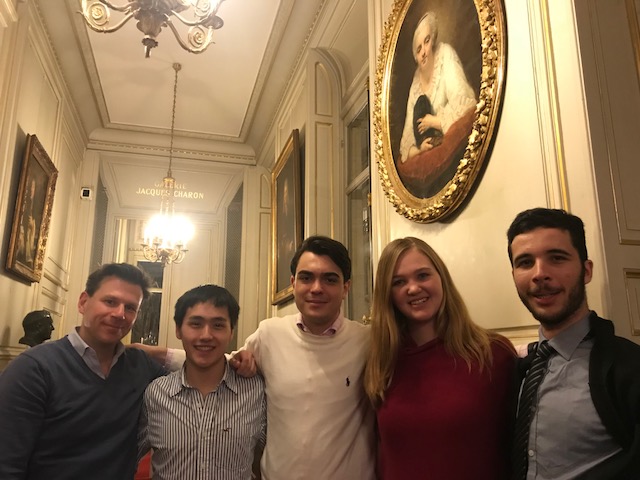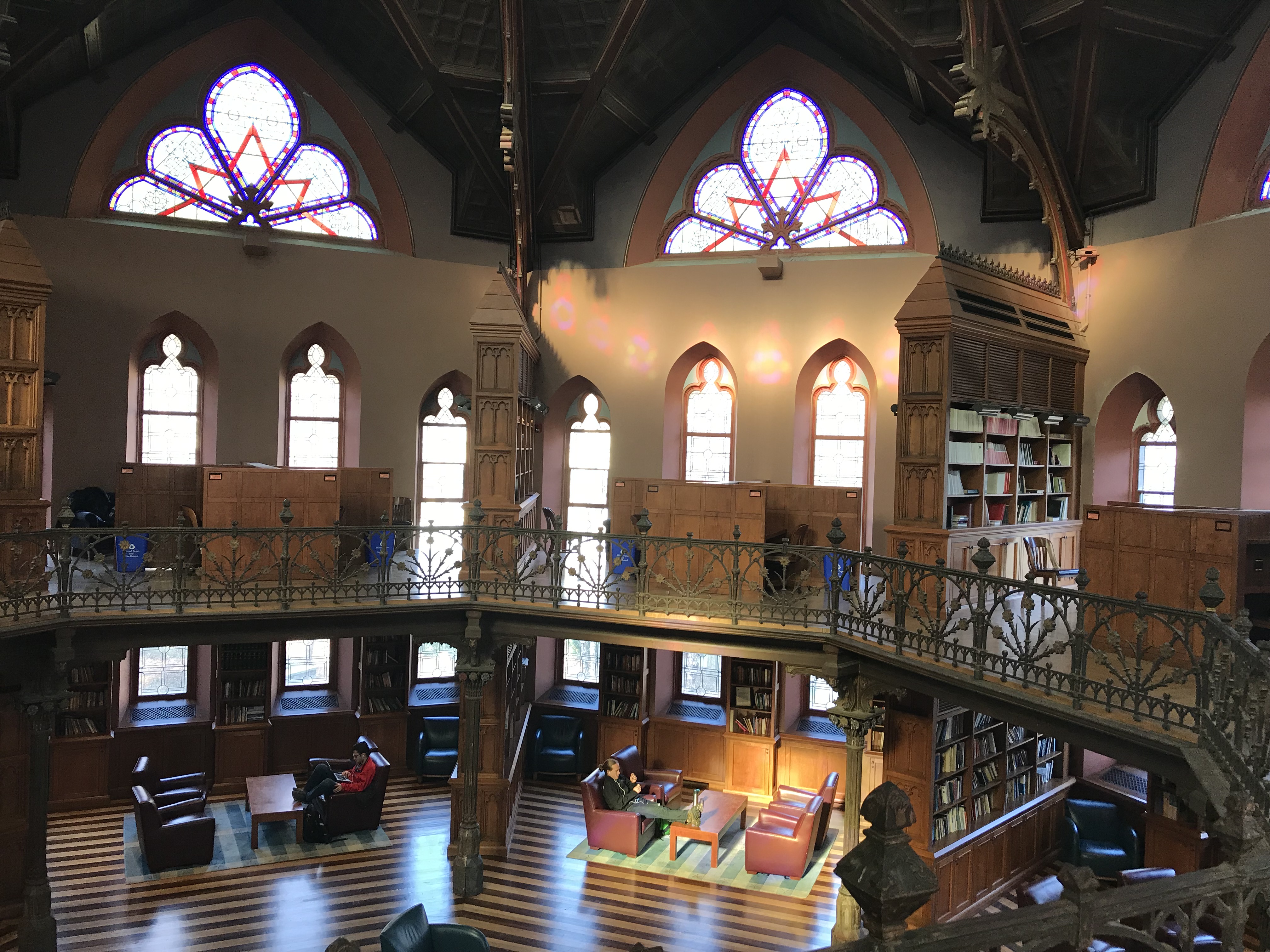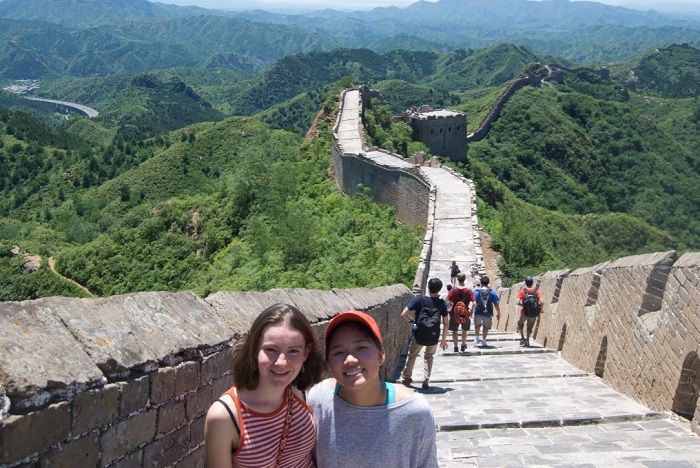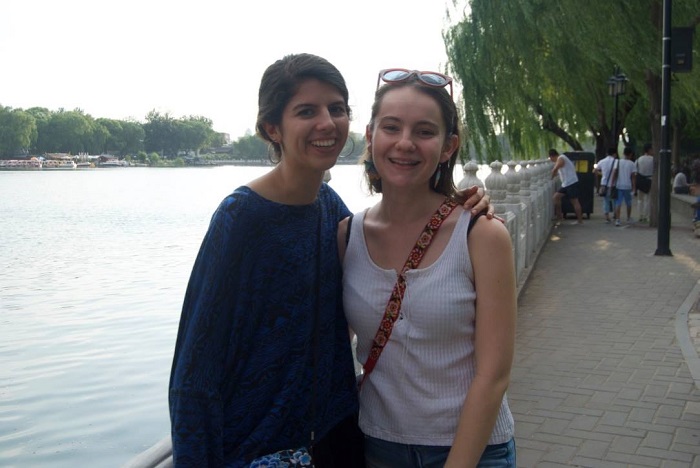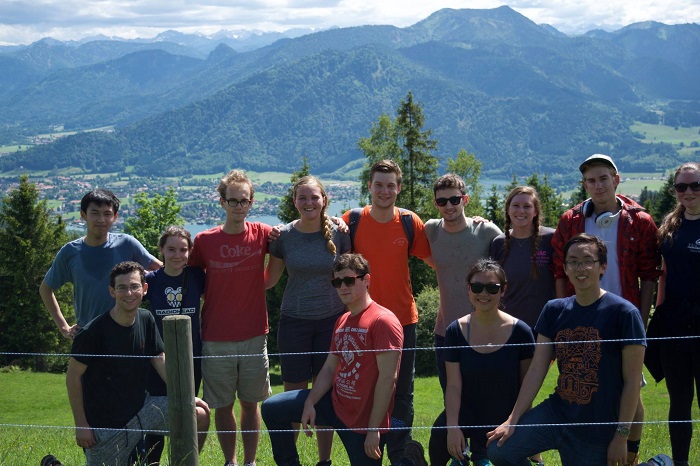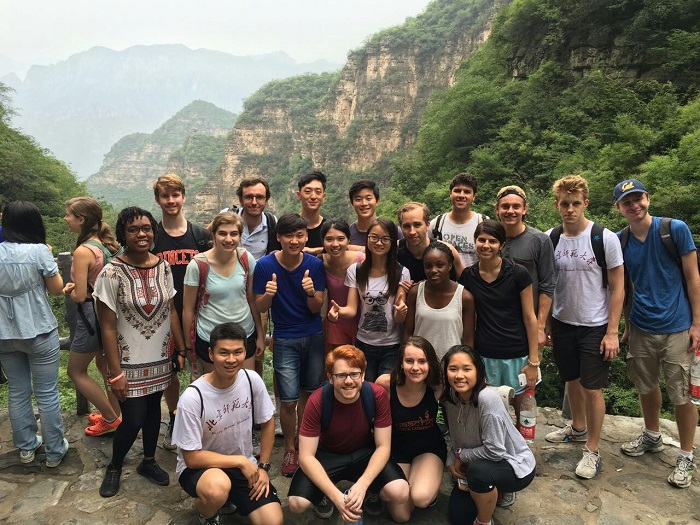Choosing where to go to college is a huge step, one that will affect you for the rest of your life. Although looking ahead towards your future is important, it is also crucial to understand and think about your past. I’ve taken some time to reflect on my own pre-university experience. I remember my alumni interviewer asked me why I applied to Princeton, but the real question is: why did I ultimately choose to enroll?
Since each student has a different motive for enrolling, I decided to put together a small collection of reasons why my fellow bloggers and I chose Princeton. Hopefully this will help shed some light on why we all love Princeton!
Personally, I chose to enroll at Princeton University because of the Woodrow Wilson School, the prestigious academics and the generous financial aid. Even in high school, I knew I wanted to focus on international relations in college before going to law school. Although many other schools could have helped me reach those goals, I had visited Princeton and the world renowned Woodrow Wilson School many times, and I felt at home with the students and professors. I love challenging myself, so the academics here really drew me in as well. Finally, the financial aid program at Princeton was truly a blessing; my family has two children in college at the moment, so Princeton’s willingness to help with the process was welcomed with open arms.
Michelle Greenfield '18: “I chose to come to Princeton because of the incredible opportunities students have (both research and extracurricular), the wonderful mentorship available by professors, the conversations I had with currents, and lastly the great atmosphere I felt when I visited.”
Abigail Denton '20: “Obviously, there are tons of incredible things about Princeton, but there were a few other equally good schools available to me. In the end, it came down to price. Princeton was the cheapest option for me because of its generous financial aid. Plus, it didn’t hurt that my brother - at the moment I opened the acceptance letter from Princeton - started jumping up and down, screaming that I had made it into the #1 school in the U.S. He loves lists and records, so being able to give him the joy of being connected to some sort of #1 ranking was simply the sweet icing on the delicious cake that is being accepted into a school with great academics, a welcoming student body and a generous financial aid system.”
Jordan Brown '19: “The main reason I chose Princeton was because I knew since around junior of high school that I'd want to major in economics; since Princeton is world-renowned for its economics department, I thought it would be a natural fit. I also thought that being immersed in such an intellectual group of people would certainly help me and push me to grow as well.”
Ellie Maag '19: “Besides the incredible resources and professors, the thing that made Princeton the best fit for me was the student body. Students here are the kind of people that want to stay up all night discussing politics and philosophy. The kind of people who can move seamlessly from working on organic chemistry in a lab to starring in a dance show. Instead of ruthless, mechanical drive, I see warmth and passion in my peers. The people here are the best not because they want to beat everyone else but because their studies light up their lives.”
Teresa Irigoyen-Lopez '19: “For me, it was the Bridge Year Program that convinced me I had a lot to gain from what Princeton offers. In my high school dorm in a cold Norwegian fjord I stopped dreaming about the actual start of my University career and realized that taking a gap or 'bridge' year would be an incredible opportunity and that if Princeton was encouraging its incoming students to do such a thing it might really be a good fit for me!”







